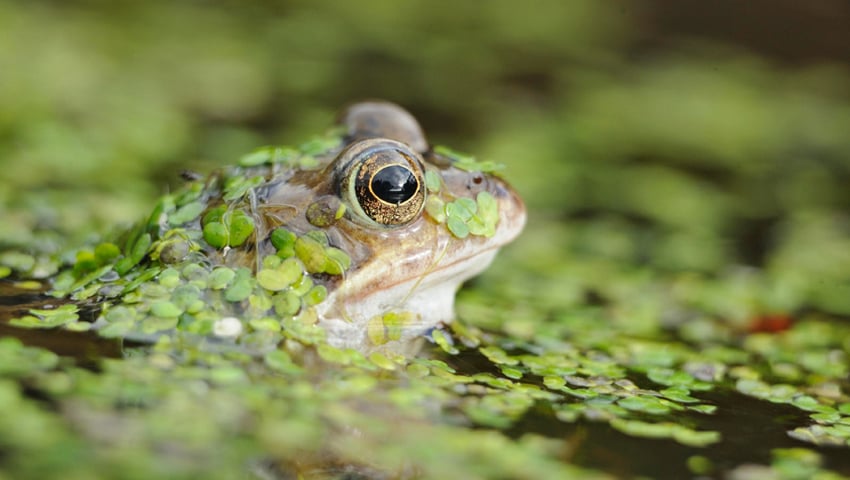The Freshwater Habitats Trusts says that it is encouraged to see Rebecca Smith MP’s amendment, which would extend permitted development to pond creation under 0.2 hectares, tabled to the Planning and Infrastructure Bill in advance of the Report Stage.
The Trust said that it continues to be concerned by government’s ongoing failure to strengthen nature protections in Part III of the Bill, Rebecca Smith’s amendment would make a real difference for the creation of wildlife ponds. However, it remains to be seen whether the amendment will be accepted by the government.
High-quality, clean water pond creation is an immensely powerful tool for restoring freshwater biodiversity. If designed and located well, new ponds are rapidly colonised by freshwater plants and animals. Rare and sensitive species are especially likely to benefit from the unpolluted water which well-sited ponds can provide.
Wildlife creation is not construction
A Freshwater Habitats Trusts spokesperson said, “Currently the planning system treats wildlife pond creation as though it’s a construction project (except livestock watering ponds, which can be created under agricultural permitted development). Expert conservation organisations incur significant costs and delays in going through the planning system.
“This means that money is diverted away from conservation action, with the net effect that fewer ponds are put in the ground. Meanwhile, Local Planning Authorities, already overstretched, are burdened with even more planning applications to inspect. In other words, everyone loses – the conservation organisations, the planners, and nature.
“We welcome the recent introduction of Biodiversity Net Gain, but it has inadvertently exacerbated this problem. This is because the requirement to demonstrate a biodiversity uplift – from which conservation projects are not exempt – generates significant additional delays and costs.”
The Trust says that extending permitted development to wildlife pond creation would ease burdens on Local Planning Authorities and ensure that conservation funding is spent on practical action for nature recovery.
There are already several existing consents which must be obtained from statutory bodies prior to the commencement of habitat projects. These include surveys for protected species and scheduled monuments, and SSSI permissions where applicable. Together, these consents can prevent wildlife pond creation from damaging existing habitats or historic features.
The Trust spokesperson concluded, “Provided the permitted development right is tightly defined, ensuring it is focussed on ponds created to benefit nature, this amendment would not weaken safeguards. It would simply place this vital work on the same footing as other conservation actions, such as woodland creation.
“This amendment could help to provide a genuine win-win for planners, people and wildlife. We urge MPs to support the amendment at Report Stage, and unlock the power of ponds for nature recovery.”
